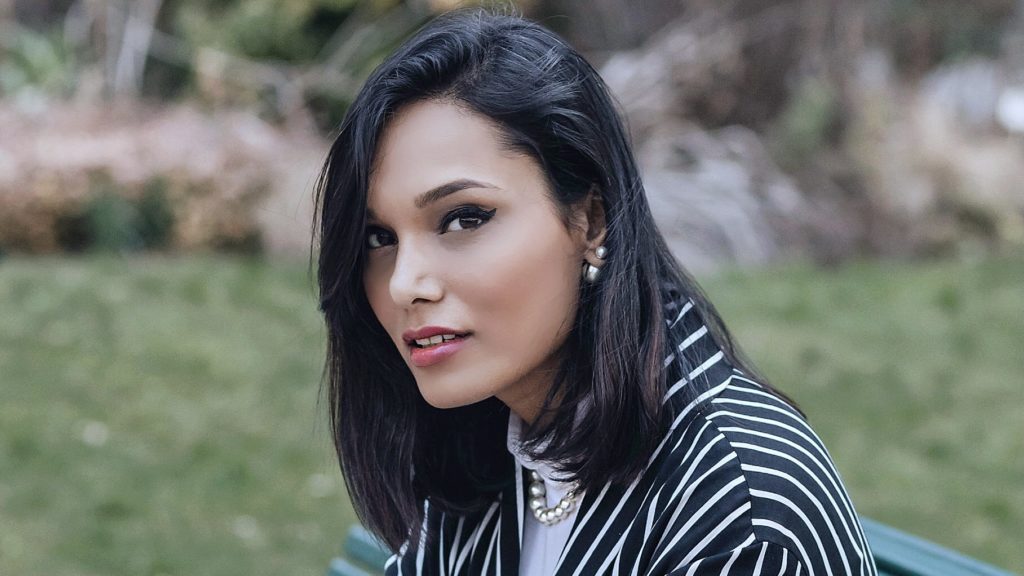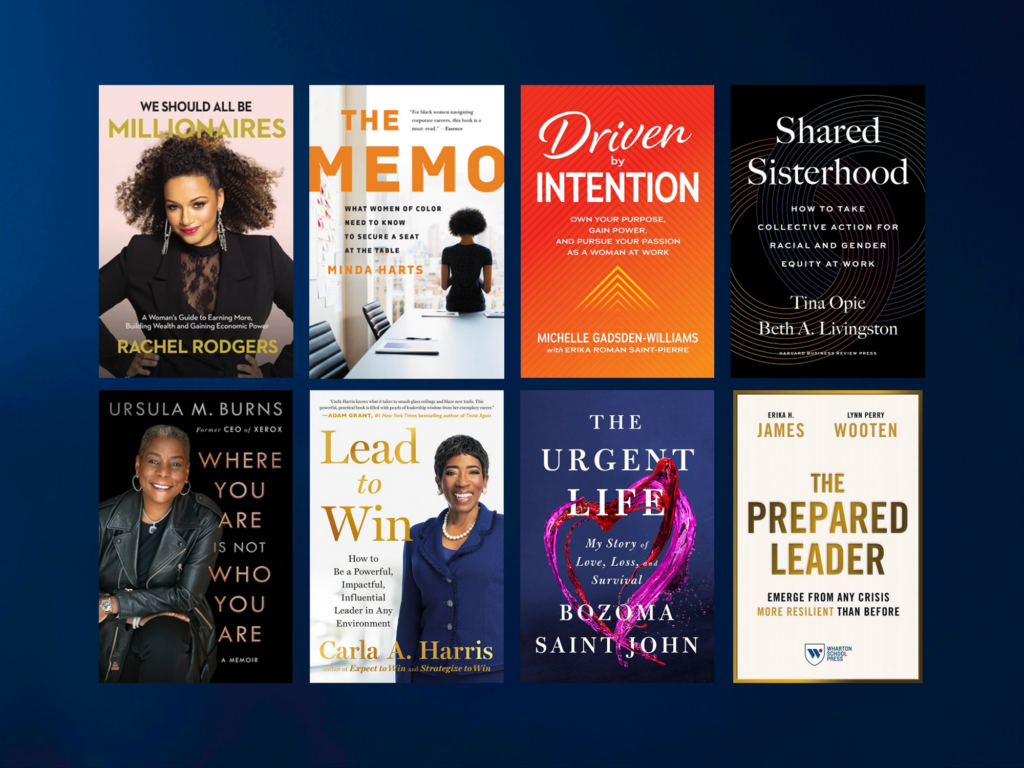PD Soros Fellow Kathy Ku on balancing business school and motherhood
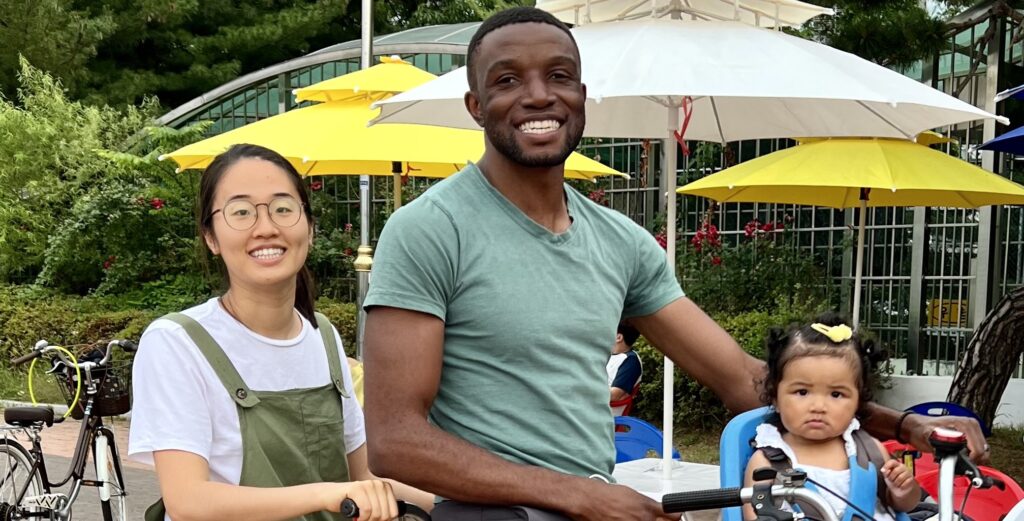
Business school is hard. Pregnancy is hard. Entering motherhood while in business school? That evokes a whole new definition of hard. But for Seul (Kathy) Ku, despite the less-than blissful all-day nausea and demanding schedule of b-school, toting her newborn along with her to a class after she made her miraculous debut are memories she looks back fondly on.
For her, each adventure was marked by its own challenges, but defined largely by the support she received from her family, her classmates, and her professors along the way.
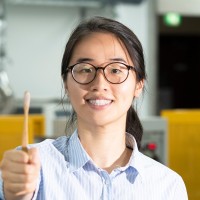
“I had a professor respond to my email about being in class with my video off (during COVID times) due to nausea saying, “Thanks for your message and my best wishes to you in your pregnancy. It is an exciting time for you as a new life is precious,” recalls Ku.
Having immigrated to the suburbs of Chicago when she was just three years old, the importance of finding community was baked into Ku’s life early on. Her experience is vastly different from her own mother’s, and she recognizes that her daughter will have a markedly different perspective – generationally, culturally, and socioeconomically.
“We are three generations of women living under the same roof, and we will undoubtedly have vastly differing experiences,” Ku says. “My parents moved to the States with very little when I was 3, and they worked tirelessly in various blue collar jobs. My daughter will grow up in a Korean-Malawian-American household with parents who are highly educated. Her life is built on the sacrifices made by both sets of grandparents who chose to immigrate to the US. And I hope she grows up being proud of her heritage.”
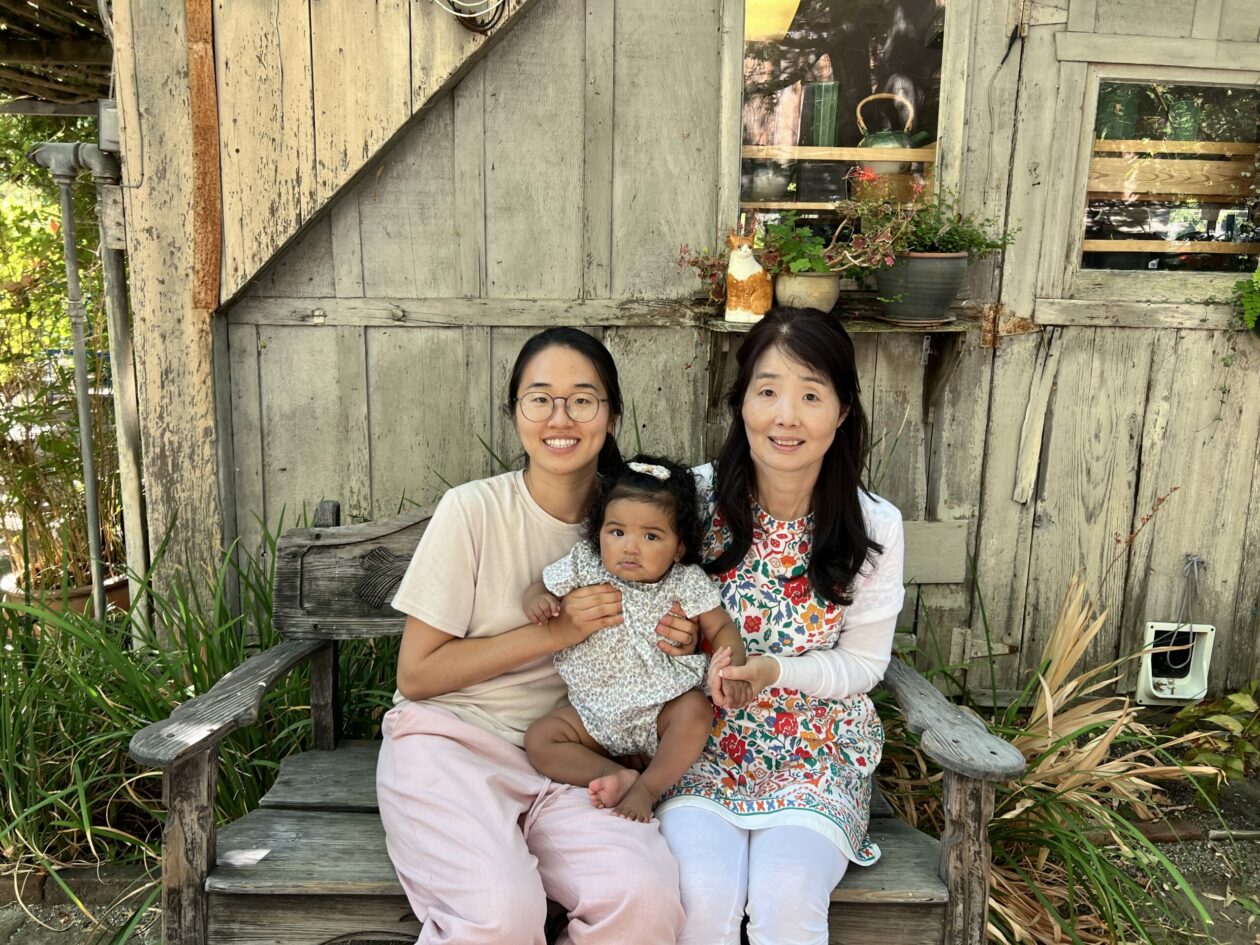
The sacrifices of her parents undoubtedly led Ku to be tenacious in her academic pursuits.
At Harvard University, she pursued her bachelor’s degree in molecular and cellular biology and her master’s in engineering. During her first summer break, she traveled to Uganda to teach a health course at an all girls’ academy focused on pregnant mothers. While living with a host family that often fell sick to waterborne illnesses, she was inspired to design a water filter that would be affordable, effective and socially accepted. As a result, she started SPOUTS of Water in 2011, a local manufacturer of ceramic water filters.
“I think my biggest takeaway is to surround yourself with good, talented people who are as passionate as you are about solving a problem,” says Ku.
Her entrepreneurial spirit and intention of surrounding herself with a passionate, talented crowd is perhaps what led her to apply for the Paul & Daisy Soros Fellowship in 2018. Once selected, she used her fellowship to support her work towards an MBA/MD at Stanford University.
Just as P.D. Soros did for Ku; it has helped to shape the futures of close to a thousand immigrants since it was established 24 years ago, providing financial support and an extensive network which Ku likens to a welcoming community.
“It’s a weird thing to have in common – we are all New Americans,” reflects Ku. “Our cultural backgrounds may be all different, but we all know what it means to not fit in sometimes, to feel different.”
Learn more about the program here, as well as eligibility requirements and the approaching October application deadline (find this and other scholarships inside MBAchic).
Since graduating from Stanford with her MD/MBA, Kathy has joined Vive Collective as a healthcare investor focused on digital health. She shares her P.D. Soros’ story with MBAchic, how she says women can still thrive in bschool while juggling pregnancy, and what lessons she hopes to share with her daughter.
MBAchic: How did being named a PDSoros fellow help you achieve your MBA goals, and what’s your advice to those interested in applying?
Kathy Ku: Funding aside, the Soros Fellowship connected me to people who were also interested in combining their MBA with another field, whether that be medicine, science, law, etc. The fellowship served as a great source of inspiration and encouragement as I looked to the community to see what others had built before me. I think that the application process can be quite daunting for people – it seems like a lot to reflect on and write about such personal topics for such uncertain returns – or at least it was for me. I would like to encourage people to just take the leap and apply – the application process itself was really an amazing opportunity for me to reflect on my past and see how I wanted to write my own narrative for the future as a New American.
MBAchic: You described your network of fellows as a very close knit unit. Can you explain what the connection to others who share the immigrant experience meant to you in your academic pursuits and in your professional life since?
Kathy Ku: Many of us have interpreted for our parents, have navigated the delicate balance between two or more cultures, and have not understood a cultural reference – there is a sense of “ah, you understand me” when you come across a Soros Fellow in the wild. I am always so happy to meet one, and I think many other fellows feel the same way. It’s a community.
MBAchic: Transforming the healthcare experience and increasing efficiency in the delivery process has been a passion of yours since you lived in Uganda and helped form SPOUTS. Can you talk about your current role at VIVE?
Kathy Ku: I am a healthcare investor at Vive, a digital health fund – it’s not a role that I imagined myself being in when I wrote the Soros application, but I think many others could have predicted it. In fact, Craig Harwood, the Director of the fellowship, put down $100 that I wouldn’t be going into clinical medicine; I’ve been avoiding him since I graduated. I wrote in my application about how I wanted to find my role in the intersection between healthcare and creating impact at scale, and I wanted to spend my time in my MBA years figuring out how to do that. And I got to know Vive, a flexible fund structure with great people and mentorship.
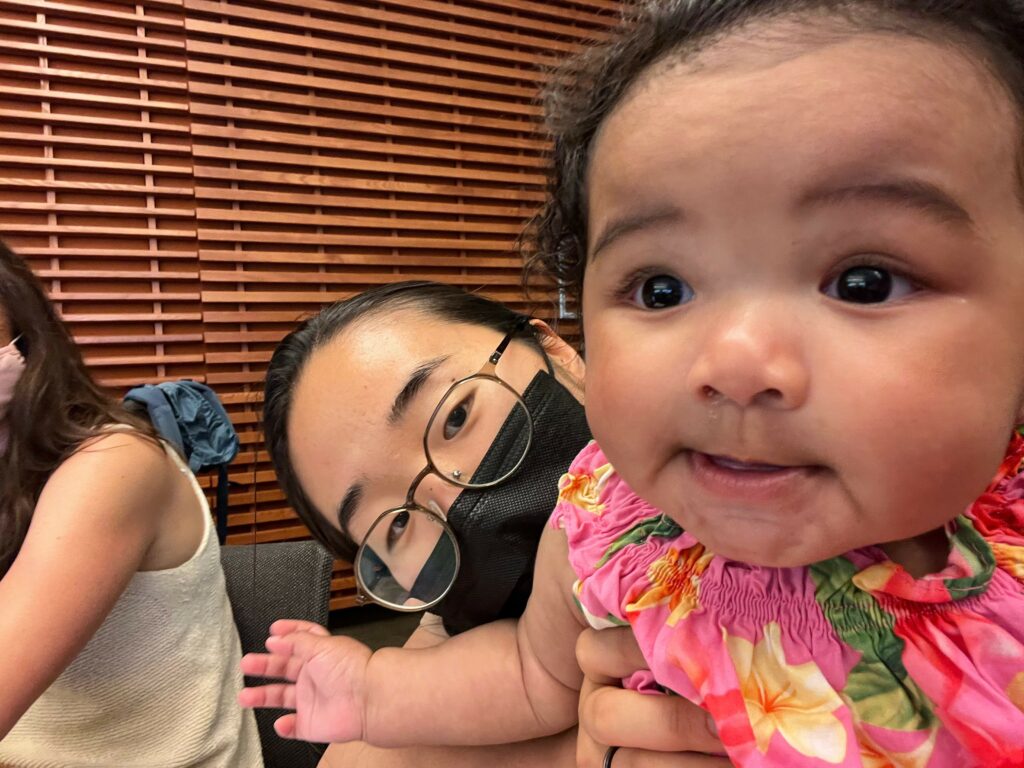
MBAchic: MBA programs tend to be time consuming and require a lot of hard work by nature. Adding motherhood to the mix is a whole new ball game. Can you share your experience being pregnant and having your first child while attending business school?
Kathy Ku: I’ve met some women who love being pregnant. I am not one of those women. I spent a good chunk of time in bed trying not to vomit everywhere. Even though I had studied medicine with the intent of being an OB/GYN and had delivered other people’s babies by the time I was pregnant, I don’t think I was fully prepared for what was going to happen – I don’t think anyone is. I had a classmate who gave birth a few months before I did, and she was my anchor in many ways; we would compare notes. And further along in my pregnancy when I was more mobile, my classmates really indulged my craving of carbs – we spent a lot of time looking for good noodle places. Being only the second mom in our business school class, people were genuinely curious about my experience – I was like a mini celebrity waddling around campus. Although being pregnant was not my favorite thing in the world, my classmates were there to support me throughout.
MBAchic: Based on your own journey, what is your top advice to other women who want to further their education and also want to start families but feel discouraged by the idea of juggling everything?
Kathy Ku: I think higher education is a great time to start a family. This may sound a bit strange, and perhaps I’m saying this because I don’t think that there is ever REALLY a good time, but I do believe that having / starting a family fits in well with school. At least for business school, I got to make a lot of my schedule, so I built it around maximizing the amount of time I got to spend with my baby. And although I didn’t have the same experience as other MBA students, I still learned a lot and made a lot of great friends.
That being said, I also realize that I say this from a place of privilege. My mother-in-law and my mom were really supportive; my mom eventually moved in full time with us. But I’ve also had friends without as strong of a support system thrive in business school as moms. The graduate student community of parents are really tight-knit and professors are really understanding.
MBAchic: What lessons do you plan to share with your daughter about the immigrant experience and what do you hope she grows up learning from your/your mom’s journey?
Kathy Ku: As for lessons, I’m not sure. I feel like I’m still learning everyday what it means to be an immigrant in this country. But one article that hit me differently recently was called, “Crying in H Mart” (I haven’t read the book yet). I imagine my daughter someday feeling lost in an H Mart, unable to articulate what food she grew up eating, and I felt profound sadness for this potential loss she might feel in the future. And so, my goal is to try to have her exposed to both her Korean and Malawian culture as much as possible; for her to build a community around these identities too. Someday, we won’t be around to feed her, and she may not have the fluency of language to articulate what she wants, but she will have the community.





